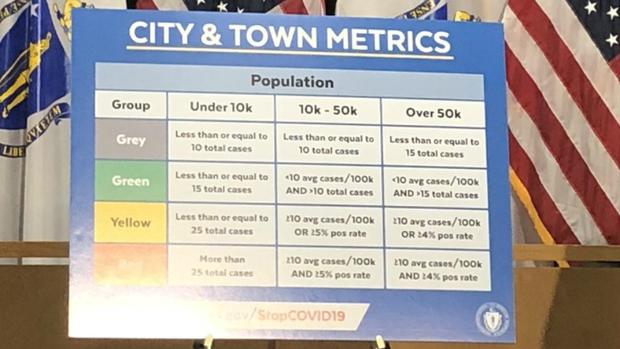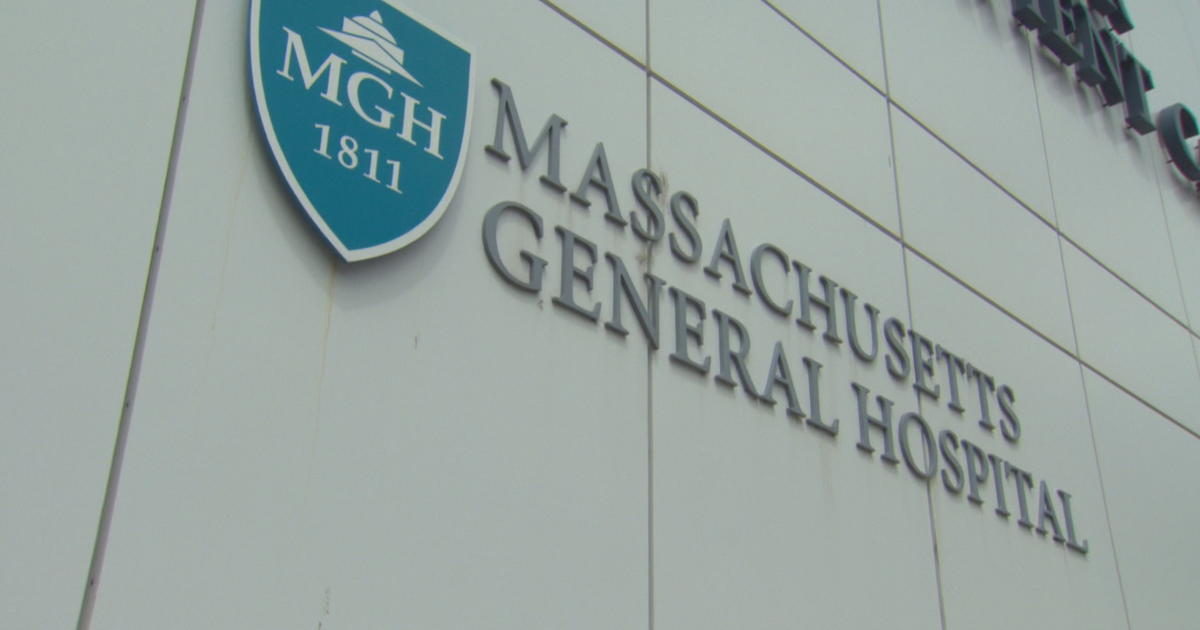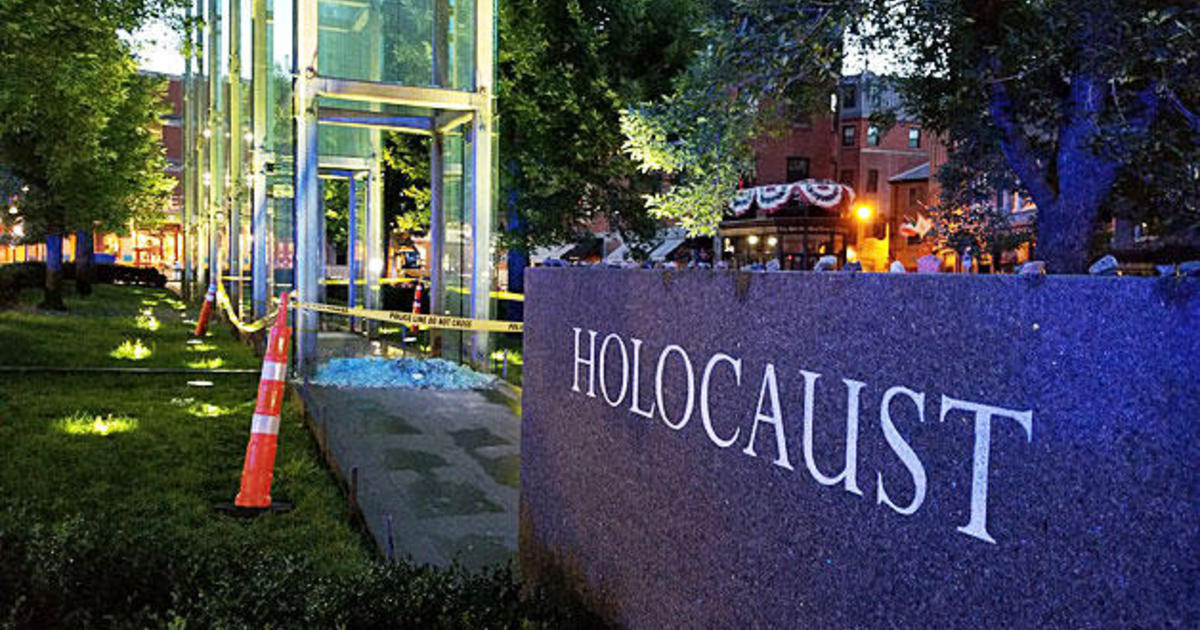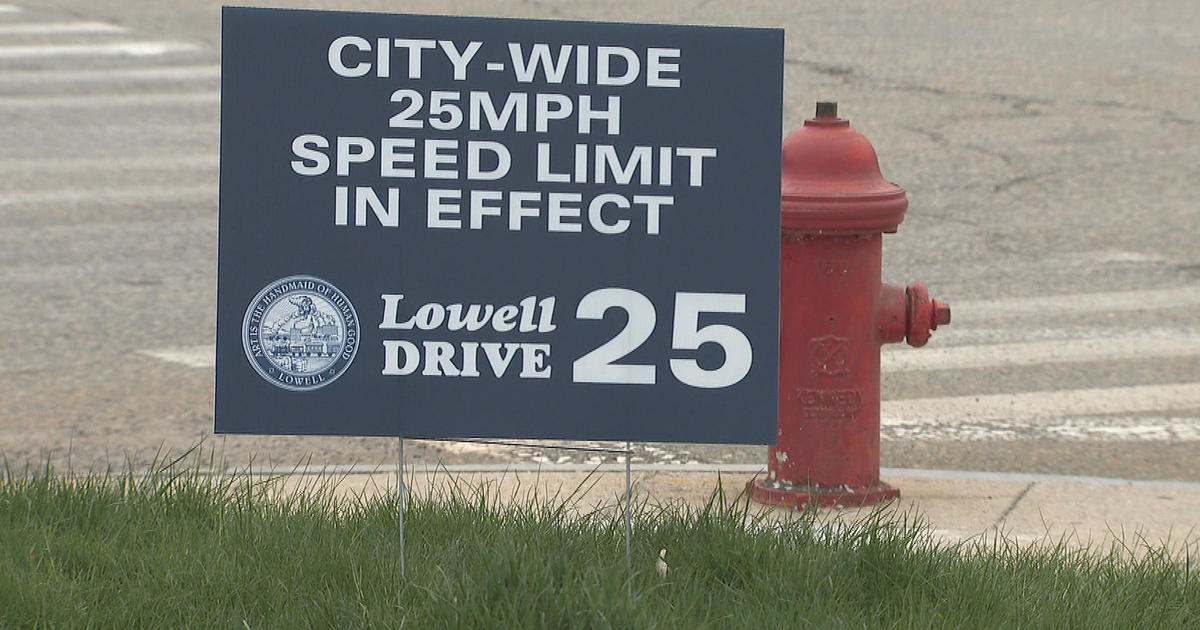Baker Says Updated Coronavirus Metrics Aimed At Getting Kids Back In School
BOSTON (CBS) -- Gov. Charlie Baker announced Friday that the state will begin using a new method to assess coronavirus transmission rates in communities. The change is aimed at keeping students in schools.
Specifically, the transmission rates will now be adjusted to better fit a community's population.
Under the new methodology, this week's color-coded data shows 16 red communities, 91 yellow communities, 79 green communities, and 165 grey communities based on this week's data.
"At this point, there is clear and convincing scientific data that shows children are at significantly less risk of developing serious health issues from exposure to COVID-19. And there is clear and convincing scientific data that shows learning in a classroom, as long as people are playing by the rules, does not lead to higher transmission rates," Baker said.
There are about 450,000 public school students in the state. This week school districts reported 154 cases among students and 98 among staff members.
"Not being in school poses significant risks for kids, both related to COVID and related to other health concerns, like depression, anxiety, and others," said Baker.
Potential penalties for school districts not following the state's reopening and closing plans will be determined by local officials, Baker said.
Read: New School Guidance
The new metric will also be used to what reopening phase a community is in, said Secretary of Health and Human Services Marylou Sudders.
"The new Massachusetts thresholds are generally in line with New York, Connecticut, and New Jersey. Although our metrics take into account community population and differences, our metrics, our thresholds are slightly more conservative than Illinois and the Harvard Global Health Institute's recommendations. We're significantly more conservative than New Hampshire and slightly less conservative than California, and consistent with the World Health Organization's advice to use a 5% test positivity rate, or lower," Sudders said.
Aran Parillo's second grader is a student in Billerica Public Schools. Prior to Friday's update, the Middlesex County town was designated as a high-risk community. For Parillo's family remote learning works. He says right now, they're not comfortable sending their 7-year-old back.
"One of the things that we were hoping is that by deciding to stay home, that for the families that need to have some structure, that allows their kids to be somewhere else, maybe that opens up a spot for them," Parillo said.
Pediatrician Dr. Daniel Summers says each family has its own unique set of circumstances. "For some kids this is great, especially ones who have a lot of anxiety about going to school, remote learning is a great fit for them," said Summers who practices in North Andover. "But I've had lots of student who are missing out on socialization, who are missing out on services they're getting through the school."
Dr. Summers says his approach is to understand families instead of shaming them for what they're supposed to be doing. Child Psychologist Dr. Melinda Macht-Greenberg agrees. She says whatever the learning situation, keeping kids healthy starts by sticking to some sort of routine. Dr. Macht-Greenberg says having a daily plan by scheduling meals, screen time and daily outdoor activities help maintain mental health.
"One thing that is important to understand about young children is that predictability decreases anxiety and uncertainty increases anxiety. When kids have a sense of predictability that helps them to be able to organize themselves, their thoughts, and emotions," said Dr. Macht-Greenberg. "Those kinds of things will be able to help them build their resiliency. Kids are naturally resilient, but we have to grow and develop that resiliency."
Earlier this week, Baker announced a series of new coronavirus restrictions for Massachusetts, including a curfew for businesses, reduction of the indoor gathering limit, and a tighter face mask mandate. The executive orders went into effect Friday.
"Last spring, people in Massachusetts responded and we fought it back successfully. People heeded the guidance of public health experts and they did what they needed to do to slow the spread. We need everybody to do that again so we don't have to take drastic measures," Baker said.
There were 1,761 new coronavirus cases and 23 more deaths reported in the state Thursday.
WBZ-TV's Anaridis Rodriguez contributed to this report.




